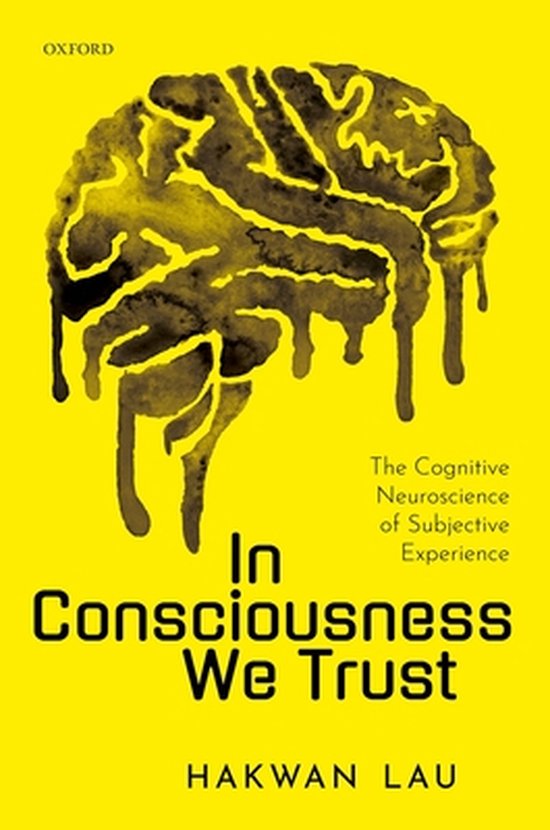
Knowing Other Minds
How do we acquire knowledge of the thoughts and feelings of others? Knowing Other Minds brings together ten original essays that address various questions in philosophy and in empirical cognitive science which arise from our everyday social interaction with other people.
We all take it for granted that we are typically in a position to know about the thoughts and feelings of other people. But we might naturally wonder how we acquire this kind of knowledge. Knowing Other Minds brings together ten original chapters, written by internationally renowned researchers, on questions that arise from our everyday social interaction with others. Can we have direct perceptual knowledge of another person's thoughts? How do we acquire general conceptions of mental states? What lessons can be drawn from experimental work in developmental psychology? Are there fundamental differences between the ways in which we acquire knowledge of our own minds and the ways in which we acquire knowledge of someone else's mind? What sort of cognitive processing underlies our everyday social understanding? How should we best think of the relationship between our complex social life and moral value? The chapters in this volume convey a variety of different perspectives and make a number of novel contributions to the existing literature on these questions, thereby opening up new avenues of inquiry. Furthermore, they illustrate how questions in philosophy and questions from empirical cognitive science overlap and mutually inform one another.
We all take it for granted that we are typically in a position to know about the thoughts and feelings of other people. But we might naturally wonder how we acquire this kind of knowledge. Knowing Other Minds brings together ten original chapters, written by internationally renowned researchers, on questions that arise from our everyday social interaction with others. Can we have direct perceptual knowledge of another person's thoughts? How do we acquire general conceptions of mental states? What lessons can be drawn from experimental work in developmental psychology? Are there fundamental differences between the ways in which we acquire knowledge of our own minds and the ways in which we acquire knowledge of someone else's mind? What sort of cognitive processing underlies our everyday social understanding? How should we best think of the relationship between our complex social life and moral value? The chapters in this volume convey a variety of different perspectives and make a number of novel contributions to the existing literature on these questions, thereby opening up new avenues of inquiry. Furthermore, they illustrate how questions in philosophy and questions from empirical cognitive science overlap and mutually inform one another.
| Auteur | | |
| Taal | | Engels |
| Type | | Hardcover |
| Categorie | | Religie, Spiritualiteit & Filosofie |




